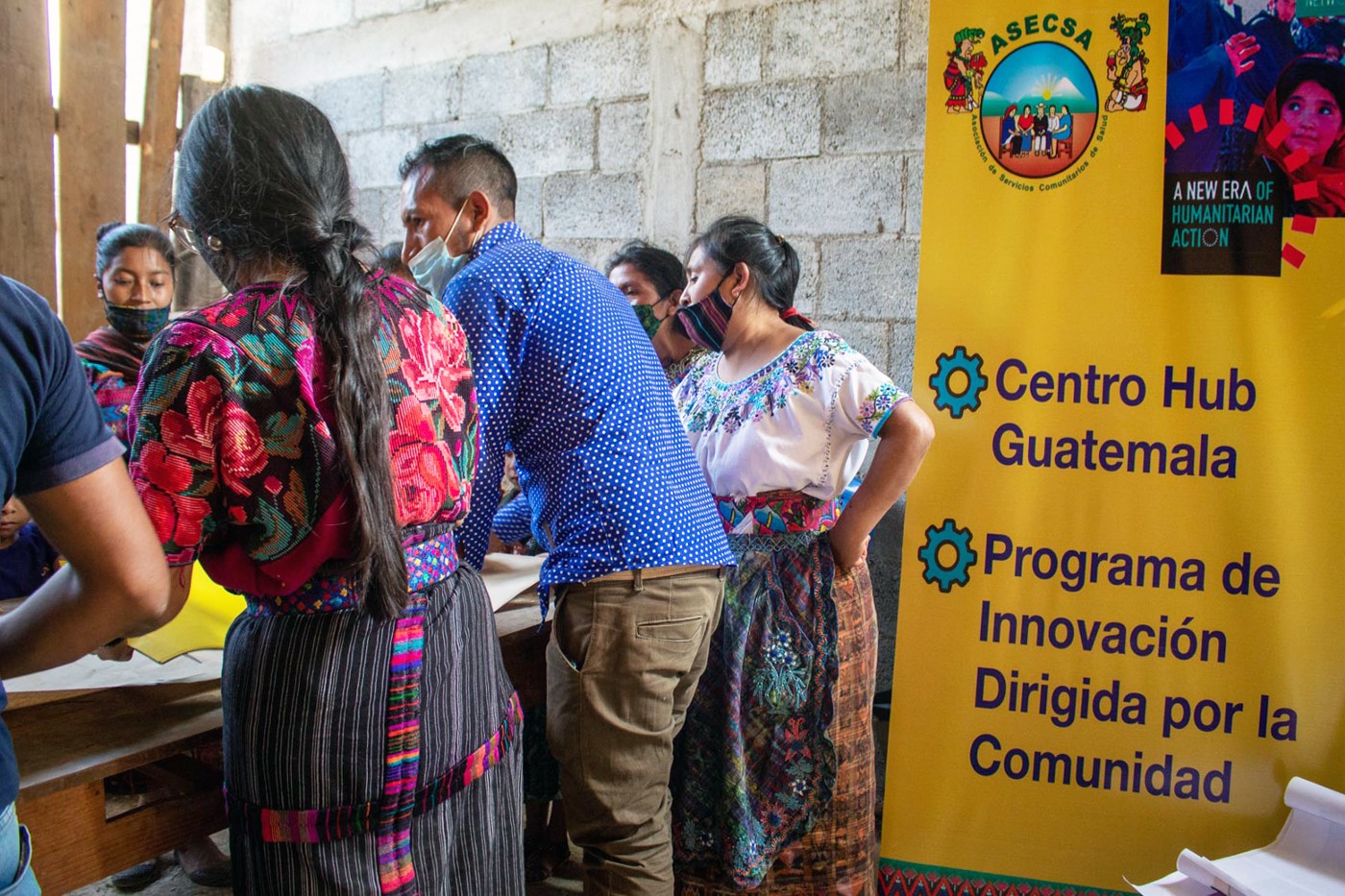By Bhavya Srinivasan, Interim Head of Network Development
This article is also available in French and Spanish and on Medium
Change isn’t easy. That much has become extremely clear to me as I’ve worked over the last two years to support an inspiring group of changemakers who are striving to change the humanitarian system: the Hub Leaders.
At Start Network, we’ve embarked on a journey towards becoming a locally led network of networks; because we believe that a locally led system is better connected and accountable to the communities they serve. This has involved incubating and supporting five founding hubs, who, together, are actively charting this new way forward.
Hub leaders: The real changemakers
The hubs are driven by exceptional leaders from across the globe who have embraced this difficult journey of complex system change. They are leaders who are committed to collaboration; who possess humility, resilience and grit; who are driven by a deep sense of purpose; and have the capacity to influence and inspire action.
When I think about these inspiring leaders I am reminded of this quote by Arundhati Roy:
“Another world is not only possible, she is on her way. On a quiet day, I can hear her breathing.”
When these leaders come together, the power of the collective is both palpable and inspiring. There is energy, reflection, diversity, respect, and camaraderie among the group. Together they are a powerful driving force — we have seen them come together as a unified voice during our annual assembly, when they meet every other week to share insight and learning, and when they are seizing opportunities to make their calls to action heard at global events and fora.
But, it hasn’t been easy for these hub leaders, who go above and beyond their day jobs to realise their vision of a locally led system. It is their deep commitment and belief that drives them to continue to lead the fight for change.
As someone working to support them on this journey, I’m always asking myself how we can better support, resource and amplify their leadership? This goes beyond remunerative support and calls for endowing them with the space, voice and influence in their fight for change.
And as someone in an organisation that — while striving for system change — is part of the system that they’re working to change, how do we as Start Network reimagine our role in order to support these inspiring leaders and not undermine their influence? How do we respect their contributions, not pushing our own agenda but instead fully supporting the agenda that they have already fought so hard for?
Change starts at home
To answer these questions we’ve had to look inward. The biggest challenge for me has been the internal transformation; changing mindsets for us as individuals and within the Start Network team so that we are working together and not against one another. As an influential actor in the humanitarian system, we’ve been asking three questions:
- How do we use our position to help drive forward change?
- How do we shift power through our programmes in a more deliberate way?
- How do we recognise when we may be unintentionally part of the problem, contributing to challenges faced by local leaders and others in the humanitarian sector?
As humanitarian actors, we can have a tendency to try to act quickly and rapidly — diagnosing the problem in a needs assessment and providing a technical solution to fix it. But the process of supporting hubs to drive forward change has highlighted how not everything has just a technical solution. In fact, there is danger in offering a technical or operational solution to a deeply political problem. The question that I find myself asking is, how do we balance complexity with simplicity.
To address these tendencies, we have to look at our incentives: how are we measuring our efforts and steering our resources; what does success look like? It brings to mind this quote from Andy Polaine, a leading thinker on service design:
“Are the right people able to have the right conversations with each other and enabled to work with each other in the right way?”
Transformation and change, as we understand it, is all too often focused on growing larger and doing more. But often, doing less is doing more. Doing less is also more difficult as it requires real focus and saying no to what may be tempting possibilities. While there are performance measures for efficiency, it is rare to see organisations measuring decisions to end programmes (or to not run programmes that are not aligned with the larger vision). It’s often easier to get millions in funding for a new programme than to find the courage and political will to strip back what the organisation gets involved in and say no to possible funding opportunities.
Hubs are Start Network’s opportunity to zero in, focus and rethink what we really want to be part of. It’s our opportunity to think about whose voices, interests and demands are being heard and considered. It’s our opportunity to think about how we focus on partnerships and the very human relationships within them, and not the transactional elements that often defines how success is measured.
Working out how we take up these opportunities is not easy. As I work alongside the hub leaders, I’m challenged every day to move out of my comfort zone and live in a space of complexity and uncertainty. Change is messy, change is difficult, and change can be slow, but change is needed.
Bhavya Srinivasan is the Interim Head of Network Development at Start Network. She joined the Start Network in 2016 as part of the DEPP Innovation Labs programme, which supported community innovation to strengthen disaster preparedness. She now works to support and champion the founding hubs to drive forward Start Network’s ambition to move towards a locally led network of networks.

